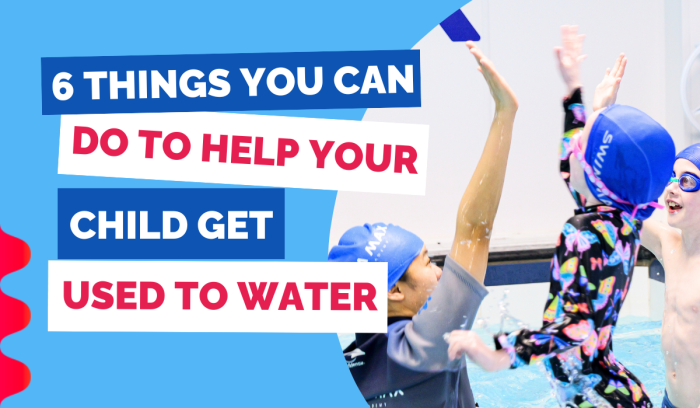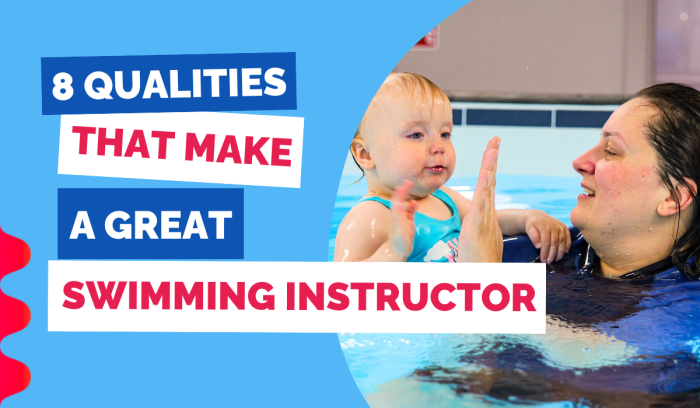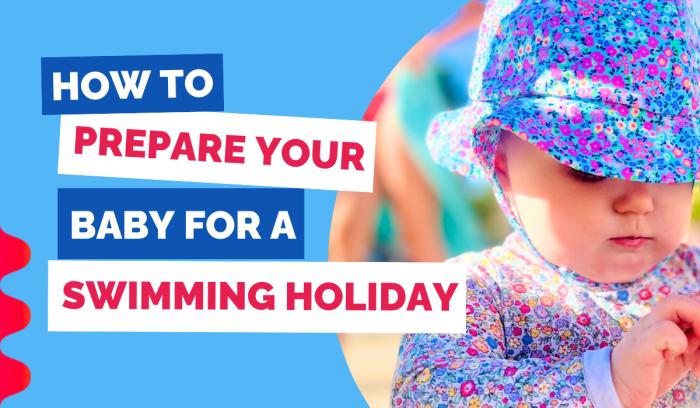You probably already know that swimming is a life-skill and that every child should have the opportunity to learn to swim.
But if you’re wondering what the benefits of water babies learning to swim are then keep reading for 8 important reasons.
1️⃣ Water safety skills and reducing drowning risk: Learning essential water safety skills is crucial for every baby and toddler. Attending swimming classes will empower water babies with the skills to be safe in and around water and prevent them from developing a fear of the water. These skills are invaluable for their safety, from floating techniques to learning how to reach for the pool's edge. If a baby falls into a pool unexpectedly, especially if no one is around, they’re more likely to know how to float onto their back or to find and grip the edge of the swimming pool. Babies as young as 6 months old can be taught how to turn on their backs and float which is a skill that could save their life.
2️⃣ Water familiarity: When a baby is introduced to the water very early, they become familiar with it and are more comfortable being in this environment. Being in the water is a fantastic environment for water babies to move freely, especially for tiny babies who aren’t yet crawling. From the very beginning, they get used to the sensation of water on their face. This will definitely help to avoid any drama in the future. Continuing with swimming classes allows water babies to maintain their comfort and familiarity with the water. Regular exposure to the water at a young age will help to build their confidence, especially when it comes to joining children’s swimming lessons at a later stage. Water familiarity also reduces water-related anxiety, making bath times and future swimming lessons much more enjoyable.
3️⃣ Physical development: Swimming engages a wide range of muscles and will promote baby’s overall physical development. Research at Griffith University found that water babies who take swimming lessons have a competitive edge across all development areas including physically, intellectually and socially. Swimming helps to improve coordination and balance. Because much of a baby’s body is supported by water, the main focus for them is on maintaining balance. On the whole, water babies who swim have a much better balance out of the pool. Swimming also develops a baby’s muscles and joints, as well as improves the strength of their heart and lungs. Little ones will need to develop the muscles needed to hold their heads up, move their arms and legs, and work their core in coordination with the rest of their body. Swimming also develops a baby’s muscles and joints. Teaching breath control helps a baby’s lungs and heart get stronger.
4️⃣ Sensory stimulation: The water provides a stimulating sensory experience for water babies. Swimming classes incorporate various sensory activities, such as gentle movements, splashing, and singing, which will enhance their sensory development, cognitive abilities, and spatial awareness.
5️⃣ Bonding and connection: Swimming classes provide a unique opportunity for water babies to bond and create a strong emotional connection in a safe and nurturing aquatic environment. Sharing this memorable experience will deepen a parent and baby relationship and create lifelong memories.
6️⃣ Improves sleep and appetite: Good quality sleep is essential for growing babies. As time in the water takes a lot of energy for water babies, it can improve their sleeping patterns. Swimming can also improve a baby’s appetite with gentle exercise and warm water.
7️⃣ Builds confidence and develops social interaction: Swimming builds water confidence. When a baby learns a new skill, this sense of achievement gives them the confidence to try new things. In turn, they’ll flourish in and out of the water. Swimming lessons also develop their social interaction as they play with other babies in the class. The swimming lessons are a great way to meet other parents and spend time with like-minded people, share experiences, and build new friendships.
8️⃣Progression to kid's swimming lessons: Finally, when your little one turns 3.5 years old and they’re ready to join kid's swimming lessons, they’ll already be familiar with the water, comfortable in the pool environment, and know the basic skills of floating independently on their back. This is a great foundation for them to build on and go on to learn how to swim the actual swimming strokes, as well as more advanced techniques.
We love delivering our baby/toddler and parent swimming lessons. We recommend your baby start swimming lessons from six weeks old, after their check-up. You and your little one will be fully supported and guided by our highly experienced swimming coaches. Our lessons are progressive, informative, well-organised and engaging.







 Baltic Condition
Baltic Condition
Comments
Write your comment